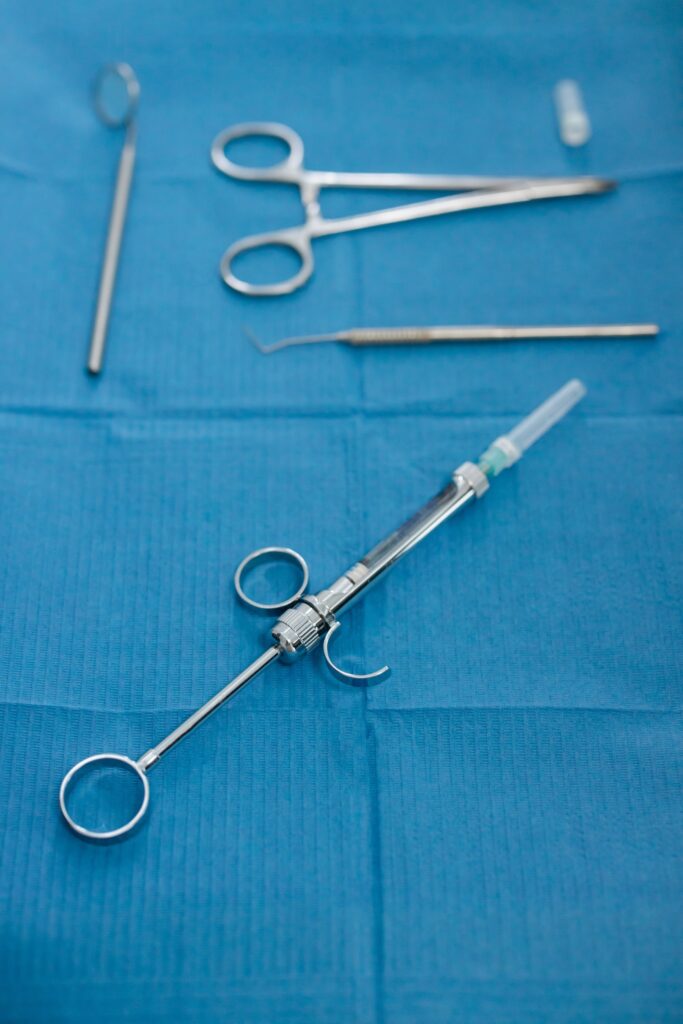
Many people are nervous about undergoing surgery and with a good reason. Surgery is a serious undertaking that comes with a certain amount of risk. But what about the anesthesia that is used during surgery? What are the risks associated with anesthesia? Here is everything you need to know about the risks of anesthesia, as said by Dr Brian Blick, the popular pain medicine expert Dr Brian Blick.
Anesthesia is a medication that is used to relieve pain temporarily during surgical procedures. There are three types of anesthesia: general, regional, and local. General anesthesia puts the patient to sleep, while regional and local anesthesia numbs the area around the surgical site.
The risks associated
The risks of anesthesia depend on the type of anesthesia that is used. General anesthesia carries the most risk because it affects the entire body. The risks of regional and local anesthesia are less because they only numb the area around the surgical site.
Some of the risks associated with general anesthesia include:
- Allergic reactions to the medication
- Breathing problems
- Nausea and vomiting
- Dizziness and lightheadedness
- Slow heart rate and low blood pressure
- Confusion
- Rashes
- Urinary retention
- Vision problems.
Severe complications from general anesthesia are rare but can include stroke, brain damage, heart attack, and even death.
Now that you know more about the risks associated with anesthesia, you may be wondering how you can prepare for surgery if you need to have general anesthesia.
There are a few things you can do to help reduce your risk:
- Make sure to tell your doctor about any allergies or medical conditions you have.
- Stop smoking at least two weeks before your surgery date to help reduce your risk of complications.
- Avoid eating or drinking anything after midnight on the night before your surgery, as this can increase your risk of vomiting during surgery.
- Arrange for someone to drive you home after your surgery, as you will not be able to drive yourself home afterward.
- Follow any other instructions your doctor gives you in order to help ensure a successful surgery with minimal complications.
The rewards of anesthesia treatment
Anesthesia is a medical treatment that has been used for centuries to numb pain and allows surgeons to operate. Today, it is an essential part of modern medicine, and its rewards are numerous.
- By numbing pain, anesthesia allows patients to undergo procedures that would otherwise be too painful to bear. It also allows surgeons to work more quickly and accurately, as they are not distracted by their patients’ pain.
- In addition, anesthesia can help to prevent post-operative complications such as internal bleeding. As a result, it is clear that anesthesia is a vital part of medicine.
Without it, many medical procedures would be impossible or too risky to perform. Consequently, doctors must continue to use this important treatment in order to provide the best possible care for their patients.
Endnote:
We hope this article has helped clear up some of the questions you may have had about the risks of anesthesia. Understanding more about how anesthesia works and what some of the risks are can help put your mind at ease before undergoing a surgical procedure.
Remember to follow your doctor’s instructions carefully and stop smoking at least two weeks before your surgery date to help reduce your risk of complications.